The week ahead in Parliament
- Published
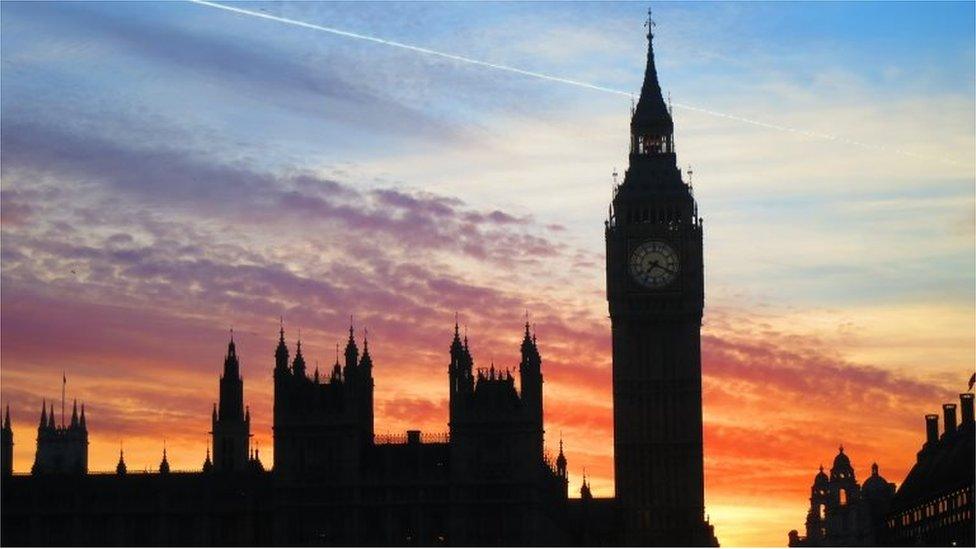
Between the fallout of the reshuffle and the build-up to the Budget, and punctuated by the conference season, this is a rather odd parliamentary week - one of sub-currents rather than seething legislative action.
There will doubtless be some theatre around the annual uprating of benefits (Monday) which will see the government suspend its "triple lock" guarantee on the uprating of the state pension, because of the pandemic, and its unexpected impact on the economy.
But beyond that, it is a week of parliamentary chores and odds and ends, before the bigger action to come.
One backbeat is policy around vaccinations, with petitions committee and backbench debates on various issues around vaccinations, compulsion and children, as well as an Education Committee session (Wednesday) on child vaccination with Chris Whitty.
It all suggests a certain rumbling disquiet as the government embarks on its booster programme.
Another theme for the week will be the dispatch box debuts of new or moved ministers after this week's reshuffle.
The new Culture Secretary, Nadine Dorries had less than a day to prepare for her first question time as a cabinet minister, on Thursday.
But most of the new team will have the three week conference break to read up on their new briefs, before having to face MPs. One exception is Steve Barclay, the new minister for the Cabinet Office, the engine room of government - but he has until Thursday.
There may also be a bit of boxing and coxing with select committee appearances by ministers, because even if they're able to attend, it might not be worth it, until they're fully across the detail of their responsibilities.
And there will also be a reappearance by one prominent departed minister. The former Health Secretary, Matt Hancock dips a toe into the placid pre-recess Commons waters on Thursday, with an adjournment debate on the contribution of horse racing to the economy - his constituency covers Newmarket.
The Lords are not sitting this week. This is to accommodate the Lib Dem peers who have their party conference; the Commons, having a different third party, start their conference break next week, and return a week after Their Lordships... so peers are back on 11 October, while MPs don't return until the 18 October.
Here's my rundown of the week ahead, with the usual caveat that the government can rewrite the agenda at the drop of a hat.
Monday 20 September
The Commons week opens (14:30 BST) with an hour of Defence Questions, which may well be followed by some post-weekend ministerial statements or urgent questions.
The main legislative business is the Social Security (Uprating of Benefits) Bill - which would normally be a routine bit of business, enacting the annual increases in the State Pension, Personal Independence Payment, Disability Living Allowance, Attendance Allowance and Carer's Allowance.
Normally, such legislation is waved through all stages of consideration with a minimal and ritualistic debate. Not this time.
The bill will remove (for one year only) the "triple lock" which ensures the pension rises in line with inflation, average earnings or 2.5 per cent, whichever is highest.
Post-pandemic, this formula would have resulted in an 8.8 per cent pension increase, so the government is suspending the normal rules. That has provoked an SNP amendment noting that the Bill breaks a government election promise and would deprive pensioners or "vital income to ensure dignity and fairness in retirement."
The adjournment debate, led by Labour's Sarah Jones, a Croydon MP, is on Tram safety
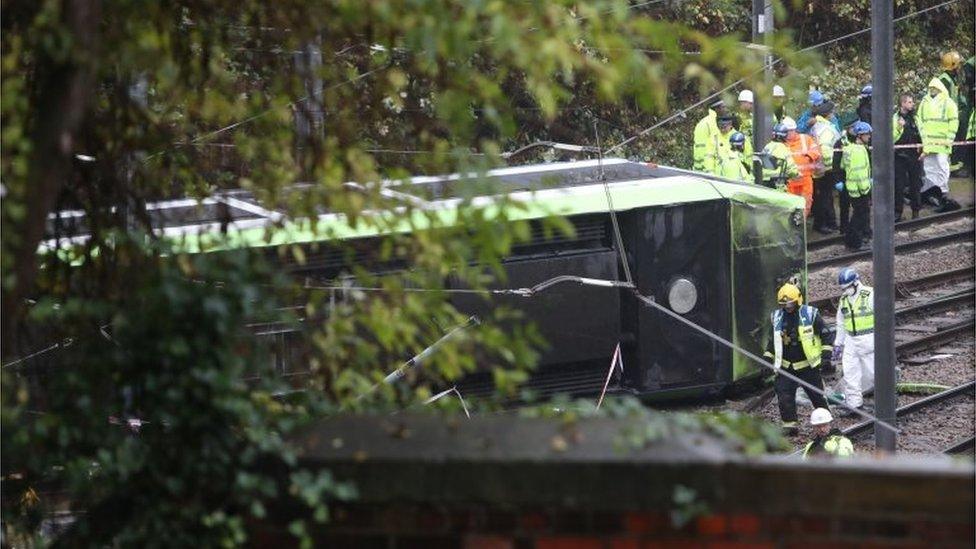
A tram crash in Crodyon killed seven people in 2016
Monday in Westminster Hall means Petitions Committee debates . The first (16:30) is on e-petition 300105, ethnicity pay gap reporting.
Then (18:00) they turn to e-petitions against compulsory Covid-19 vaccinations - that's e-petition 575801 which argues that discrimination against those who cannot or will not be vaccinated against Covid is incompatible with a free democracy, and that the government should prevent 'vaccination passports' and 'no jab, no job' policies.
It attracted 347,000 signatures. The government replied that Covid-status certification could have a role to play in the reopening of society and ministers are examining the equality and ethical concerns.
The debate will also cover e-petition 577842 which says health and social care workers should be able to refuse to take the Covid-19 vaccination without fear of facing discrimination at work or in wider society.
This attracted 107,000 signatures. The government reply is that there is "a clear public health rationale for making Covid-19 vaccinations a condition of deployment in care homes in order to protect those who are most vulnerable to severe illness and death."
Committee action includes Public Accounts (14:30) taking evidence on the Green homes grant voucher programme from officials at the Department for Business, Energy and Industrial Strategy - with the rather world-weary thought that this is a repeat of earlier fiascos.
And as they seek to learn lessons, some closely-related policy issues pop up at Housing Communities and Local Government (16:00) which will be quizzing Housing Minister Eddie Hughes and supporting cast on Local government and the path to net zero.
And the recent vogue for attempting to widen the mandate for committee stage consideration of bills continues, with a government motion to allow the committee on the Elections Bill to consider amendments to scrap proportional representation voting in elections for mayors and police and crime commissioners and switch to 'First Past the Post'. Hyper-controversial.
Tuesday 21 September
MPs open (11:30) with Business, Energy and Industrial Strategy questions
The day's Ten Minute Rule Bill from the Conservative Gareth Bacon, would make unauthorised developments without planning permission an offence - and ban local councils from giving such developments planning permission after the event.
The main debates will be on Labour motions, to be announced.
In Westminster Hall, (09:30) there's another debate on Covid-19 vaccination - this time on the vaccination of children. Later debates range across decarbonising air travel and school building conditions.
It's a busy day on the Committee Corridor, Health and Social Care (09:30) hears from the President of the Royal College of Psychiatrists and the Chair of the Royal College of General Practitioners about clearing the backlog caused by the pandemic.
And Defence (09:00) has a well-timed session with a former Australian Minister of Defence, Christopher Pyne, and Professor Tetsuo Kotani of the Japan Institute of International Affairs on "The Navy: purpose and procurement." Timely after the announcement of the new AUKUS defence agreement.
Digital, Culture, Media and Sport (10:00) quizzes BBC Director General, Tim Davie. Environment, Food and Rural Affairs (14:30) looks at the National Food Strategy, and Transport (15:00) has a major hearing on supporting recovery in the UK aviation sector with senior figures from Heathrow and Gatwick airports, Easyjet and British Airways
Wednesday 22 September
The Commons opens (11:30) with half an hour of questions to Kemi Badenoch, the minister for women and equalities, followed by Questions to the Prime Minister - with Dominic Raab expected to stand in, in his new guise as deputy prime minister, while the PM is at the UN, in New York.
Then comes a Ten Minute Rule Bill, from the Conservative Henry Smith, which aims to ban the Caging of egg-laying hens.
Next, MPs complete their consideration of the Compensation (London Capital & Finance PLC and Fraud Compensation Fund) Bill - which allows the Treasury to compensate people mis-sold "mini-bonds" by LC&F, as a result of regulatory failures.
This looks like a rubber stamping exercise for an uncontroversial measure, which will not take up much time.
Then comes the Second Reading of the Subsidy Control Bill, which will provide a legal framework to enable public authorities, including devolved administrations and local councils, to deliver subsidies to meet local needs around levelling up, achieving net zero carbon, and supporting economic recovery from COVID-19.
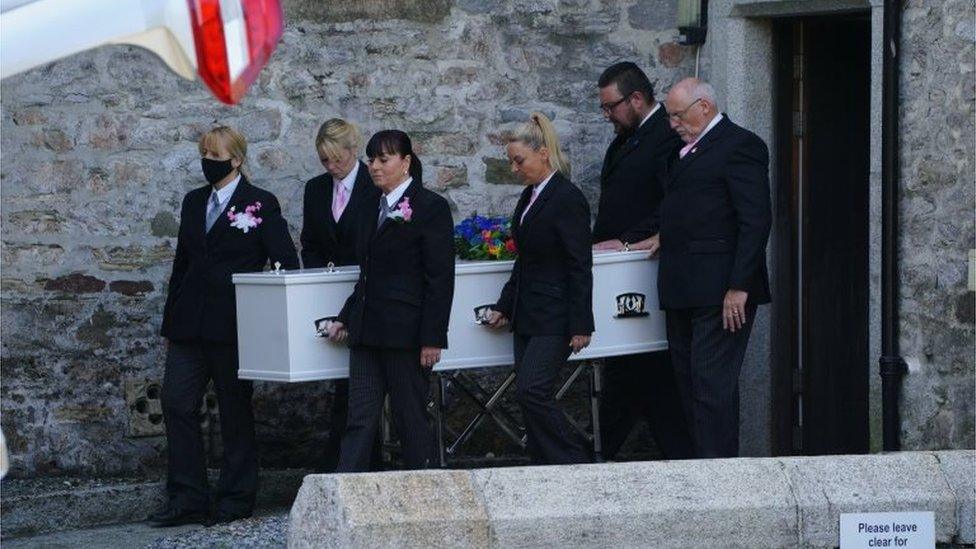
The funeral of three-year-old Sophie Martyn, who was among the victims of the Keyham shootings
Labour's Luke Pollard, who stood down from his Shadow Cabinet role to deal with the aftermath of the Keyham shootings of 12th August leads a debate on the government response to tragedy.
In Westminster Hall there are debates on the contribution of the cruise industry to the economy (09:30); the economic benefits of Eden North for Lancashire (11:00); the future of the NHS (14:30); the licensing of master locksmiths (16:00) and the effect of recent court judgments on the cost of motor insurance (16:30).
Committee action includes: Transport (09:30) are hearing from the Transport Secretary Grant Shapps, and doubtless following-up the previous day's session on air travel as well as looking at the recovery of public transport, the shortage of HGV/LGV drivers, rail and road investments, transport decarbonisation, active travel and plans for the Spending Review.
Home Affairs (09:30) will be quizzing the top civil servant at the Home Office, Matthew Rycroft, in a wide-ranging session, which will include progress-chasing on the reforms recommended by the Williams Review following the Windrush scandal.
Education (14:00) are taking evidence on Covid-19 and the vaccination of children from England's Chief Medical Officer, Professor Chris Whitty. He recommended that children aged 12-15 should be vaccinated.
Thursday 23 September
The last day before the conference recess opens (09:30) with questions to the Chancellor of the Duchy of Lancaster and minister for the Cabinet Office.
Michael Gove having moved on, it will be Steve Barclay who will answer cabinet, for the first time after taking on his new role in the reshuffle.
After that, the Leader of the House, still Jacob Rees-Mogg, will unveil the Commons agenda for the week after the break, beginning on 18 October.
It will be interesting to see if he schedules consideration of Lords amendments to the Environment Bill.
Then comes a general debate on Baby Loss Awareness Week, scheduled by the Backbench business Committee, followed by another backbench debate on Human Rights in Kashmir.
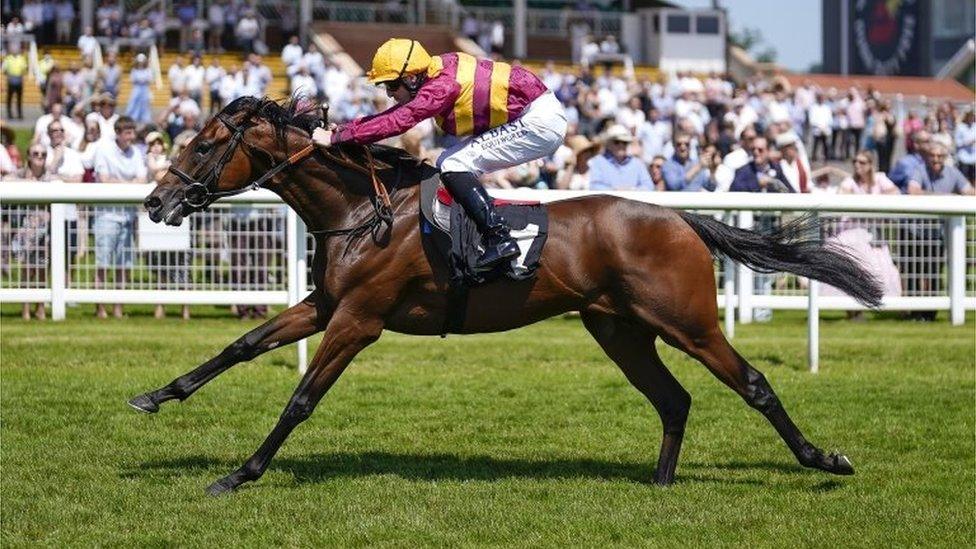
Matt Hancock's constituency includes the Newmarket racecourse
There will be more than the usual interest in the final Chamber event of the day, Matt Hancock's adjournment debate on the contribution of horse racing to the economy.... the first glimmer of a Commons comeback?
In Westminster Hall, there's another backbench debate, on violence against Christians in central African countries.
On the Committee Corridor Public Accounts (10:00) revisits one of its favourite themes; challenges in implementing digital change, with evidence from top civil servants, and the special Digital, Culture Media and Sport sub-committee looking at the Online Harms Bill questions the veteran film producer, Lord Puttnam
Neither House sits on Friday 24 September, and barring an emergency recall, the next parliamentary action comes when peers return to Westminster on 11 October.
Related topics
- Published16 September 2021
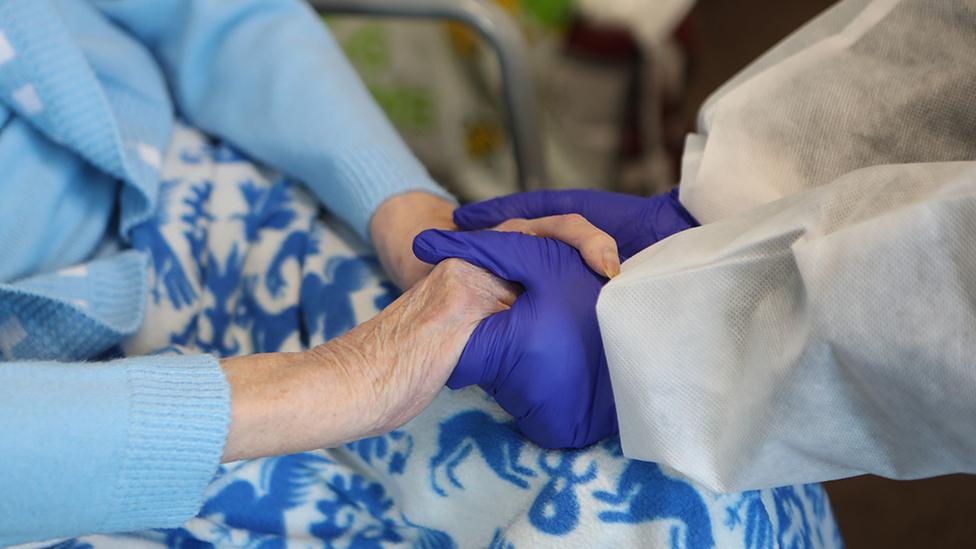
- Published22 March 2021
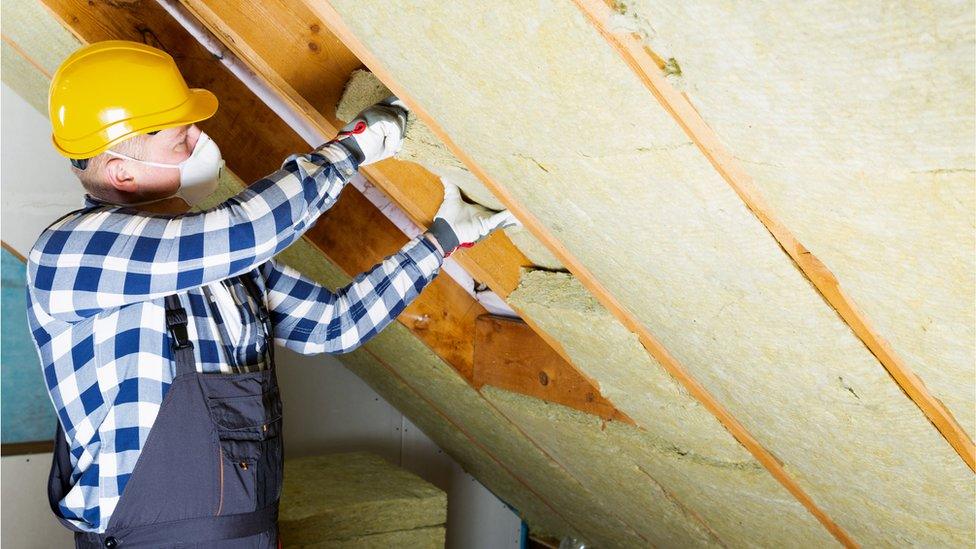
- Published15 September 2021
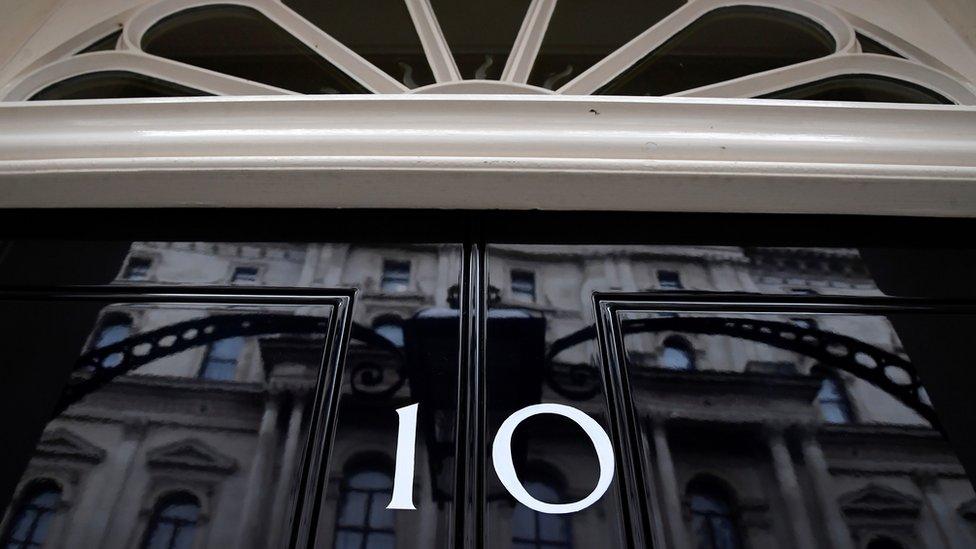
- Published11 October 2021

